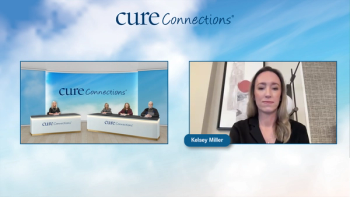
Care partners for multiple myeloma patients emphasize that managing their own mental health is not a luxury, but a necessity for sustainable care.

Care partners for multiple myeloma patients emphasize that managing their own mental health is not a luxury, but a necessity for sustainable care.

Prostate cancer survivors Ronald Wakefield and Ernie Strauss sat down for an interview with CURE.

Dave Coulier, who has become a vocal advocate during his cancer journeys, has launched a digital wellness platform, AwearMarket.
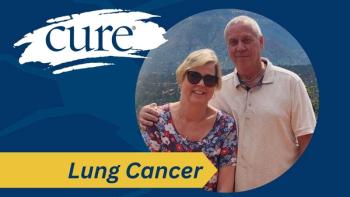
Wendy Brooks, a survivor of extensive-stage small cell lung cancer, and her husband and care partner, Larry Brooks, highlight the role of self-advocacy.
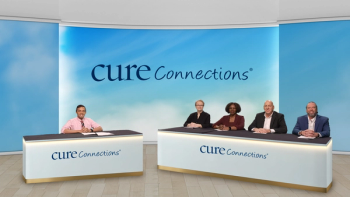
Patients share their experiences with myeloma, discussing the impact on physical activities and the importance of maintaining a fulfilling life despite challenges.
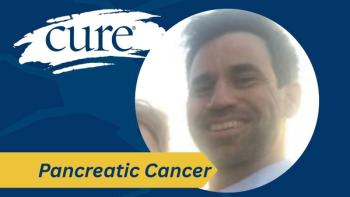
Dan, a pancreatic cancer survivor and advocate, shared insights on participating in clinical trials and the importance of self-advocacy.

Patients share their experiences with myeloma, discussing the impact on physical activities and the importance of maintaining a fulfilling life despite challenges.
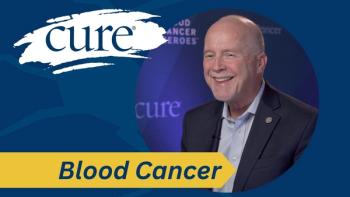
Joe McDonough sat down for an interview with CURE to share his family’s story and the inspiration behind the B+ Foundation.
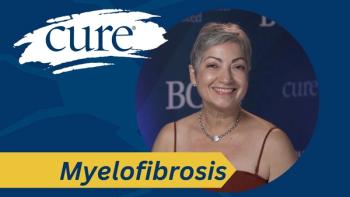
Mayra Andujar-Delgado shares how Dr. Faseeh Khaja’s compassionate care and unique bedside manner earned him recognition at the 2025 Blood Cancer Heroes.
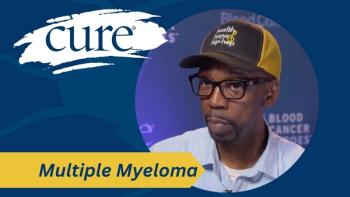
Oya Gilbert, diagnosed with multiple myeloma in 2017, advises patients to bring someone to appointments, ask questions and seek second opinions.

Cancer survivor and author Bill Potts was recently honored as a Blood Cancer Hero.

CURE spoke with an expert about why a support system is crucial for patients with lung cancer.

CURE was on site at the 2025 ASH Annual Meeting, sharing expert conversations and patient-focused reporting that highlighted progress in blood cancer care.
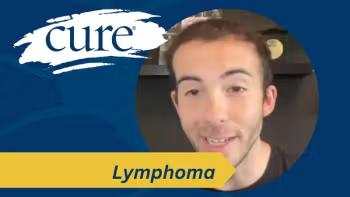
Jace Yawnick explained why a support system is essential for patients with cancer.

Dr. Vikram Gorantla explains to CURE that staying healthy and managing side effects helps patients with brain metastases remain on therapy.

As he faces cancer for the second time since 2024, actor Dave Coulier is incredibly aware of the power of positive thinking.

Patients share their emotional journeys and coping strategies after cancer diagnoses, highlighting the importance of support and information in healing.

Following a multiple myeloma diagnosis, care partners describe an initial wave of fear and logistical stress.

This panel of multiple myeloma care partners shares diverse diagnostic journeys, offering vital insights for patients and caregivers.

Patients share their unexpected journeys with multiple myeloma, revealing challenges and resilience in the face of a cancer diagnosis.

An expert discusses IL-18-armored CAR T cells for adults with relapsed B-cell leukemia, showing complete remissions with manageable side effects.

CURE spoke with a clinical psychologist about the stigmas often faced by patients with lung cancer.

Dan describes how early self-advocacy, second opinions and trial research helped him pursue experimental treatments that led to remission from stage 4 pancreatic cancer.
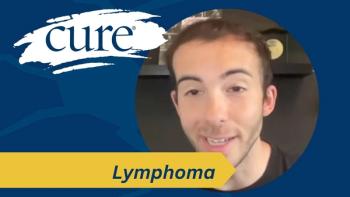
Jace Yawnick, now in remission from non-Hodgkin lymphoma, is navigating the world of mental health one day at a time.

Gastric cancer care highlights eating difficulties, weight loss and side effects showing why nutrition support and clinical trials are key

After beginning treatment for stage 3 inflammatory breast cancer, Lindsey Gunter started experiencing chemotherapy side effects so intense she was unable to walk.

Bleximenib and Venclexta treatment were well tolerated in a phase 1b trial for relapsed/refractory acute myeloid leukemia with mostly low-grade side effects.
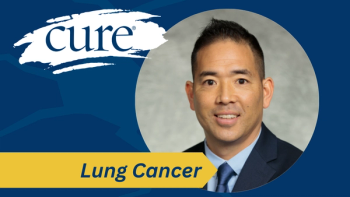
Asian women who do not smoke in Northern California face rising lung cancer rates which are often diagnosed late due to current screening gaps.
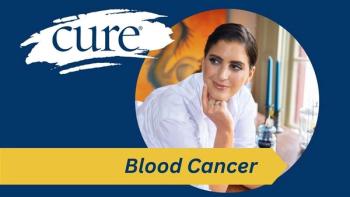
Emmy-winning journalist and author Suleika Jaouad recently delivered the keynote address at the inaugural Blood Cancer Heroes celebration.

Emmy-winning journalist and author, Suleika Jaouad, delivered the keynote address at the inaugural Blood Cancer Heroes event.